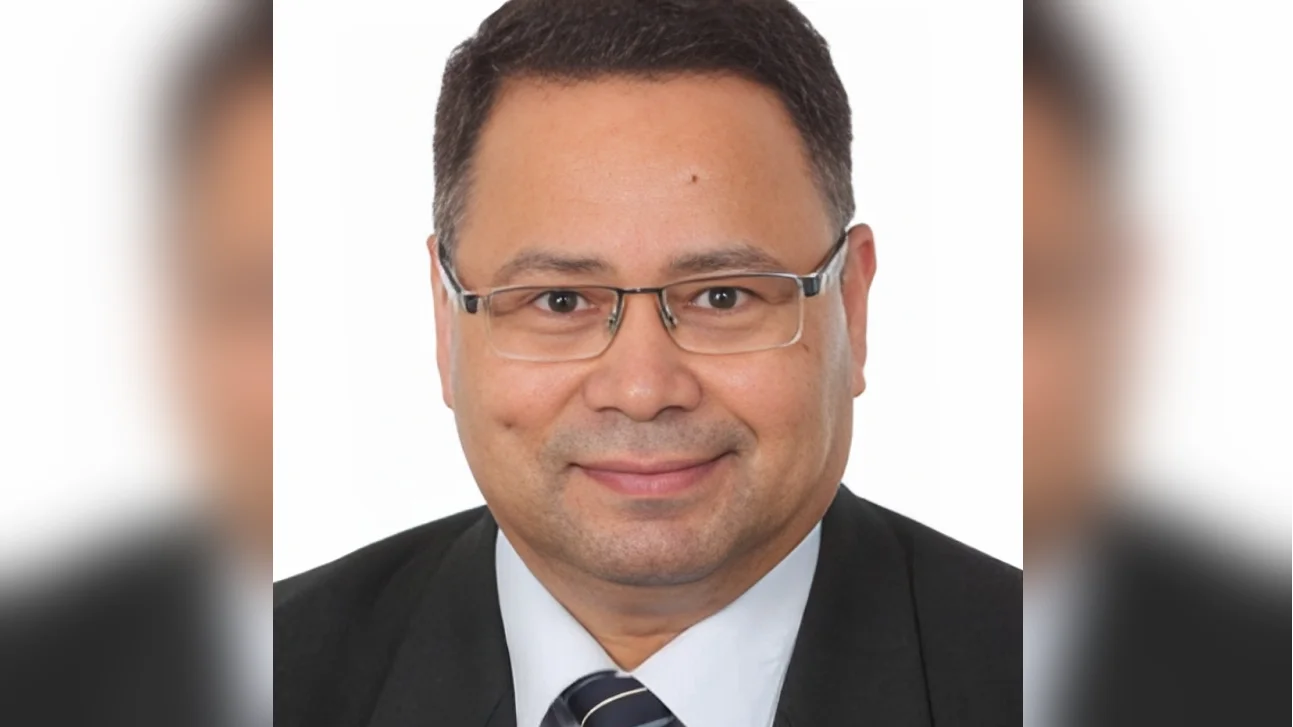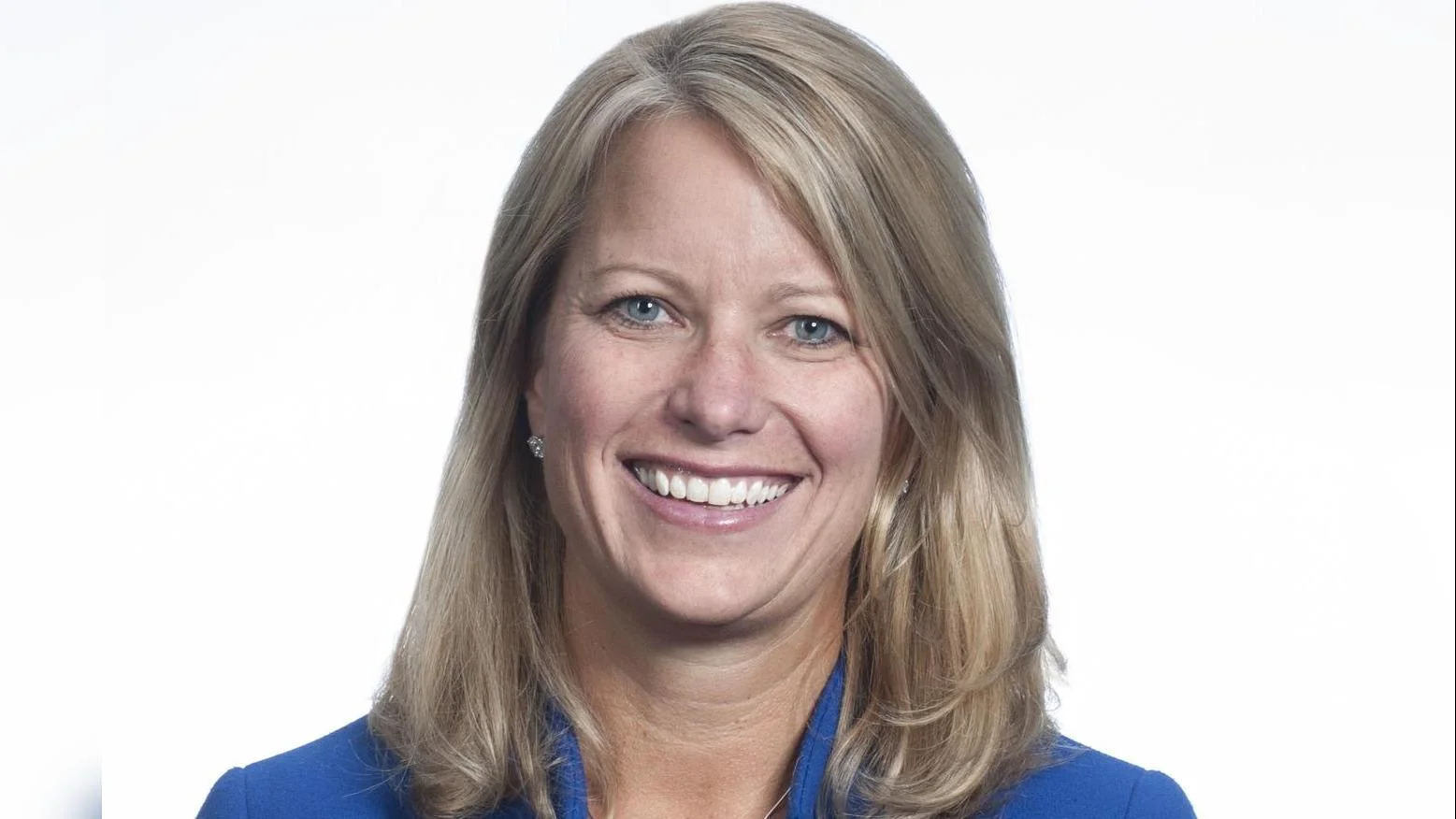Gaite noted that more than 251,000 barangay health workers remain without job security or sufficient legal protections.
Jesus Obien, President of UFSW, questioned government priorities: “While the President invites foreign investors to bet on Filipino workers, we ask him: when will the government invest in its own health workers?”
Obien referenced Department of Health data showing a national shortage of 220,000 health professionals. He pointed out that despite being one of the largest exporters of nurses globally, local conditions such as low wages and understaffing drive many away from domestic service.
“Low wages, lack of benefits, overwork and under-staffing—those are the primary reasons why our health workers keep leaving. It’s like we’ve learned nothing from the pandemic. To this day, the government still has no concrete plan for decent work and better lives for our health workers,” he added.
Ronald Ignacio from UNM-USTH commented on how healthcare staff were overlooked: “In more than an hour of his speech, not once were we mentioned—the very people you once called ‘heroes’ during the pandemic.”
Ignacio also highlighted delays in distributing Health Emergency Allowances (HEA) owed since after COVID-19 restrictions were lifted. He stated that as recently as June 3, 2025, officials admitted that ₱6.8 billion was still needed to pay outstanding HEA claims even after disbursing ₱103.5 billion since early 2020; additional appeals total ₱8.1 billion more. The current budget did not include funding for these allowances due to a presidential veto.
UNI-PLC acknowledged some positive measures announced by Marcos—including zero billing at Department of Health hospitals and free dialysis sessions—but stressed broader labor concerns remained unaddressed.
“These are welcome developments,” said UNI-PLC. “Zero billing in DOH hospitals, free dialysis, and the audit of flood control projects are all steps in the right direction. And we will be watching closely to ensure that these promises are fulfilled.”
The group emphasized ongoing problems with worker compensation and rights: “Workers were simply not in the picture. The President had nothing to say about wage increase, nothing about ending contractualization, and nothing about the millions of minimum wage earners still waiting for his rescue. While prices continue to soar and poverty wages remain rampant, the silence on labor issues speaks volumes.”
UNI-PLC further stated: “If this is the midterm vision of ‘Bagong Pilipinas’ (New Philippines), then it’s clearly not a vision for workers. It’s a vision for big business and political elites. The workers were once again left behind.”
Rajendra Acharya, Regional Secretary for UNI Asia & Pacific echoed these concerns: “Care workers in the Philippines deserve more than lip service—they deserve rights, recognition, and real investment. It is troubling that after all their sacrifices, they were not even mentioned. UNI remains firmly behind Filipino care workers as they push for long-term reforms and respect they have long been denied,” said Acharya.
The four organizations pledged continued advocacy for legislative measures including passage of a Magna Carta for Barangay Health Workers; institutionalizing hazard pay; investigation into unpaid HEAs; improvements to nursing laws; and amendments concerning professional development requirements.
“We will continue to demand what is just, what is owed, and what health workers deserve,” UNI-PLC concluded.
 Alerts Sign-up
Alerts Sign-up




































